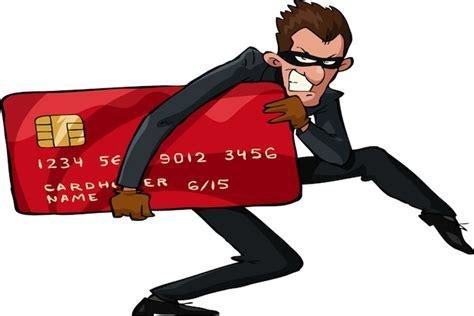Credit card fraud skyrocketing
How to protect yourself from credit card scammers
By Greg Mahnken
Special to the Chronicle
To protect your credit, you must understand the main sources of credit card fraud.
Armed with the facts, you can avoid becoming a …
This item is available in full to subscribers.
Subscribe to continue reading. Already a subscriber? Sign in
Get 50% of all subscriptions for a limited time. Subscribe today.
Please log in to continueNeed an account?
|
Credit card fraud skyrocketing
How to protect yourself from credit card scammers
By Greg Mahnken
Special to the Chronicle
To protect your credit, you must understand the main sources of credit card fraud.
Armed with the facts, you can avoid becoming a victim.
This study highlights the growth of credit card fraud, its cost and how to stay safe from it.
Credit card fraud is among the fastest-growing forms of identity theft. according to the Federal Trade Commission.
Opening new credit card accounts was the most reported type of credit card fraud in 2019, with 246,000 cases reported.

Chart by Tableau Public, Source Federal Trade Commission
- Using funds recovered in fraud cases, the FTC returned $232.3 million to victims of fraud and identity theft in 2019.
- The FTC has returned an $10.94 billion to consumers who were victims of some type of fraud.
- Age played a role in the way victims were contacted by fraudsters (if they were contacted).
- For those aged 20–69, the majority reported fraud from an online source such as a website.
- For those aged 70 and older, the majority reported being contacted by phone .
- For those aged 30 and above, victims used a credit card as a method of payment.
- This highlights how important it is to never give out your credit card information unless you absolutely trust a website.

Source Federal Trade Commission

Source Federal Trade Commission
Victims' cost is not only the immediate financial loss.
They canbe stuck dealing with inaccurate credit reports and tarnished credit scores.
When fraudulent charges appear on your credit card, you can file a dispute with your card issuer.
Fraud on credit cards is regulated by the Fair Credit Billing Act and caps the liability for cardholders at $50.
Most credit card issuers go above and beyond by offering zero liability for the cardholder.
This means the issuer will refund the entire amount of a fraudulent charge.
This differs from fraud reported on a debit card.
That could leave you on the hook for more money.
Debit card fraud can leave you liable for $50 to $500 of the fraud amount.
It’s important to guard the information that can be used to open a new account, including your:
- Social Security number
- Annual income
- Cost of rent or mortgage
- Other personal information such as date of birth, credit freeze PINs, etc.
Card skimmers on websites and in person can give a thief your card number and information.
This allows it to be used for online purchases or cloned onto a physical card.
Phone scammers may pretend to be a government agency or even your bank.
They demand payment information to settle a debt or ask for your card information to “secure your account.”
Even if the caller ID says it’s a legitimate agency, you shouldn’t give out information to anyone over the phone.
Scammers may send fake emails to you to get your login information to important sites such as your bank or an online store like Amazon.
Never give a security code to anyone.
Greg Mahnken writes for Credit Card Insider.
Keywords
credit, card, fraud, banks. Federal Trade CommissionOther items that may interest you







Comments
No comments on this item Please log in to comment by clicking here